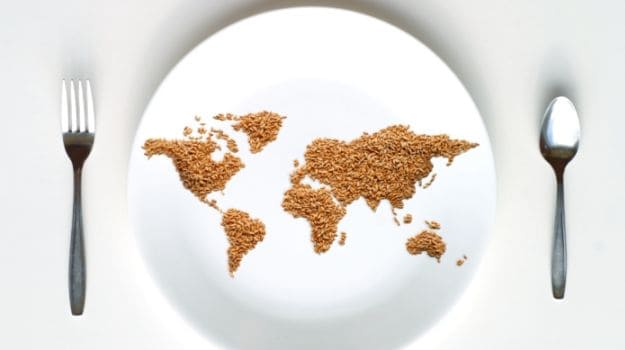The target, one of eight international development goals agreed upon by world leaders in 2000, was to halve the proportion of hungry people around the world by 2015 from 1990 levels.
(Hunger Situation Improves in India: Global Report)
"This is an historic achievement, a great milestone of which the Asia-Pacific region should be proud," said Hiroyuki Konuma, regional representative of the U.N. Food and Agriculture Organization (FAO).
Reductions in hunger vary within the region, with South Asia failing to meet the target, reducing undernourishment by 34.4 percent, an FAO report on the region said. North Korea is the one country in the region where hunger has increased, more than doubling to 10.5 million people from 4.8 million in 1990, it said.
Southeast and East Asia have been the most successful parts of the region at reducing hunger, by 68.5 percent and 58.5 percent respectively, with the greatest reductions since 1990 inThailand (78.7 percent), Vietnam (75.8 percent), Indonesia (61.6 percent) and China (60.9 percent).
Asia's economic expansion over the past two to three decades - of about 7 percent per year, compared with 3.4 percent globally - has greatly increased the region's access to food, saidDavid Dawe, senior economist with the FAO.
"One of the key determinants of food security - probably the single most important one - is basically economic growth. This is the reason that Asia has done so well compared to the rest of the world," Dawe told a news conference. Growth has been particularly fast in East and Southeast Asia, but much slower in South Asia and the Pacific Islands, he said.
"Along with general economic growth, it's important to have agricultural growth as well. These are the two things that Asia has really excelled at, compared to the rest of the world", Dawe said.
The FAO report said there are still 490 million people in Asia-Pacific who suffer from chronic hunger - more than in any other region - while South Asia is the subregion with the largest number of hungry people in the world.
The U.N. MDG campaign was launched in 2002 and includes targets such as halving extreme poverty, halting the spread of HIV/AIDS and providing universal primary education, by the target date of 2015, with 1990 as the MDG base year.









